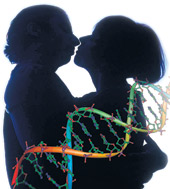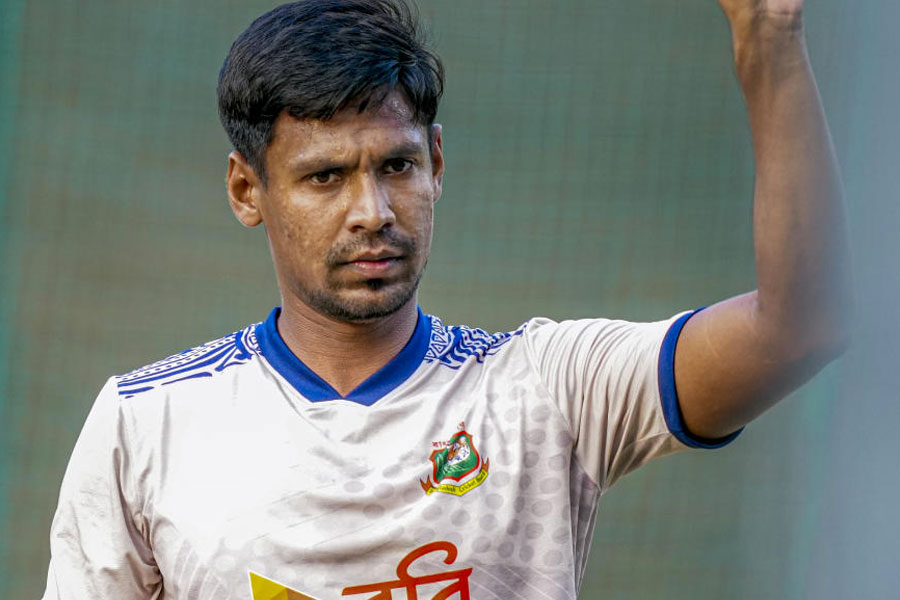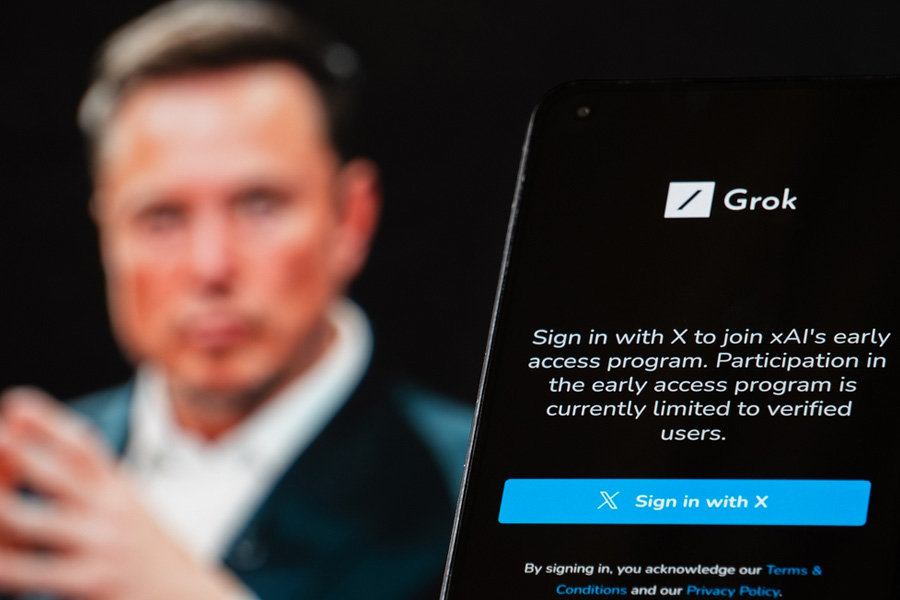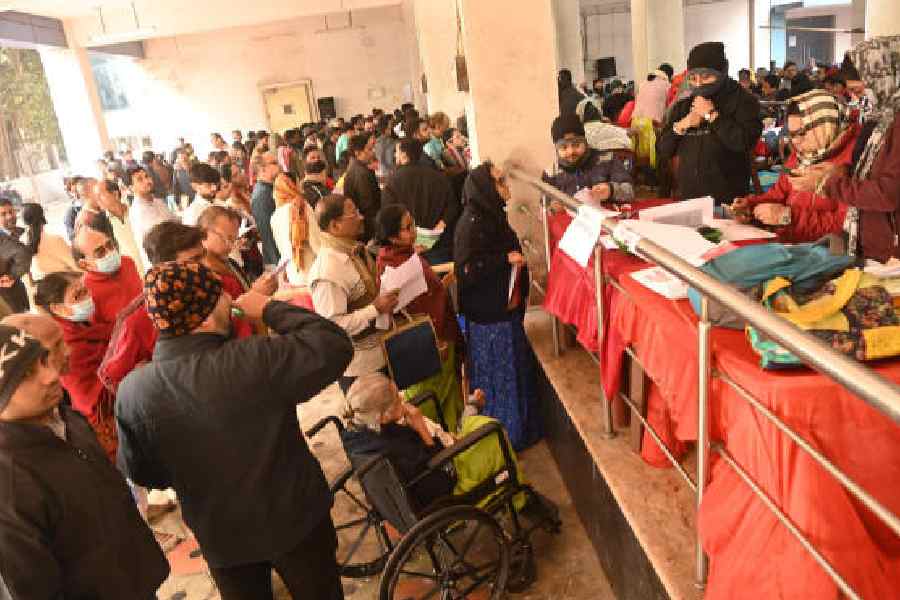 |
Ramesh Shah was ecstatic when his child was born eight years ago. But the baby, born through artificial insemination at an in vitro fertilisation (IVF) centre in Mumbai, has today thrown his life into chaos. His marriage is on the rocks and he has been knocking on the doors of the IVF clinic for his records — insisting that his wife was inseminated with another man’s sperm.
Babies are big business. Now it appears that testing babies for their paternity is all set to become a flourishing side business. More and more fathers, and some mothers as well, are going to DNA centres to allay suspicions — or just to put their minds at rest.
Delhi’s All India Institute of Medical Sciences (AIIMS), for instance, has been attracting men who want to test their DNA against that of their children. The information seekers “range from the semi-literate to lawyers, to defence personnel away from home over long periods,” says Dr Anupama Raina, a scientist at AIIMS. On an average, she receives one call a day on DNA testing. There has been, she holds, a 60 per cent rise in men making enquiries over the last couple of years.
Most suspicious men are in the sexually-active age group of 30 to 40, says Dr Goral Gandhi, lab director of the Rotunda Infertility Centre in Mumbai. There was, however, the case of a 55-year-old man who was desperate to know if his son was indeed his own. Gandhi believes that the number of questioning men has doubled in the last couple of years.
 |
Many of the queries, it seems, are connected with the husband being away from home for long periods — the reason why Kerala, with its vast overseas working population, has been witnessing a steady rise in the number of Doubting Thomases. The Rajiv Gandhi Centre for Biotechnology (RGCB) in Thiruvananthapuram has seen the number of cases for DNA testing increase from 56 in 2005 to 75 in 2006, according to the centre’s director, Dr Radhakrishnan Pillai. The first quarter of this year has seen 17 such cases.
All the cases were referred to the centre from family courts, the State Women’s Commission and the high court. Among them was a 60-year-old man who claimed that the three children with whom he had spent more than half his life were not his. He was proven wrong by the test.
There are reasons why DNA testing is on the rise. Some experts point out that the technology is easier to access than before. “It has become fashionable to stand up in court and make allegations, because there is a technology available,” says Pillai.
There are others who talk about the rise in adultery. Dr P.M. Bhargava, former director of the Centre for Cellular and Molecular Biology (CCMB), Hyderabad, and vice chairman, National Knowledge Commission, however, says the causes could lie between adultery and an increased awareness about the availability of the DNA test.
Sometimes, even women with more than one partner have sought the help of DNA testing to find out about a child’s father. One forensic scientist in Mumbai was consulted by a Mumbai-based affluent woman in her early thirties who wanted to take the DNA route to see if her child belonged to her husband or her lover — only for “her own knowledge and peace of mind.” She told the scientist that she did not plan to reveal the results to either of the men.
DNA test results, in fact, seldom show mismatches between a father and a disputed child. But 10-15 per cent of the men who go to the RGCB in Kerala find that their concerns are not unfounded, with the DNA tests proving that their wives had found suitable bedfellows in their absence. With so many Keralite men working in the Gulf, the results aren’t surprising. In fact, these findings have also prompted the Kerala-based RGCB to study the psycho-social implications of long distance marriages.
A DNA testing costs around Rs 20,000 in private and government laboratories. Government labs in the country testing DNA only accept cases referred to them by the courts. The government-run Centre for DNA Finger-printing and Diagnostics (CDFD) in Hyderabad decided to shut its DNA testing facility to private cases around 2001, according to its director, Dr Gourishankar. “One did not know if informed consent was truly given by the parties involved whose DNA was being tested,” he says.
In government-run labs, blood samples are usually taken to make a match. Private labs such as Rotunda require a saliva smear taken from the gums which is then sent to a laboratory in Chicago, which analyses the saliva and sends its report back to India.
Many would see DNA testing as a cumbersome and expensive process. For some, though, it’s a lifeline.










